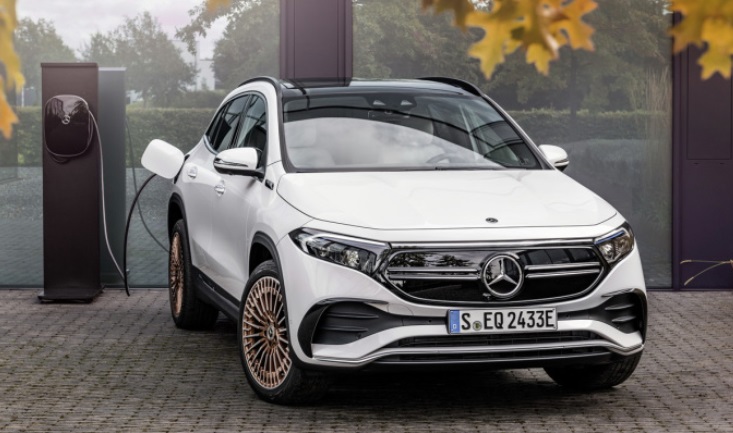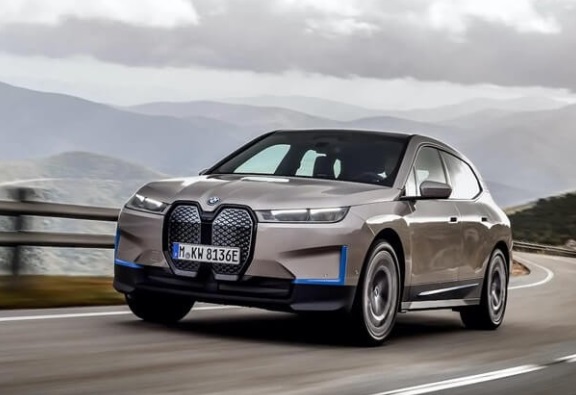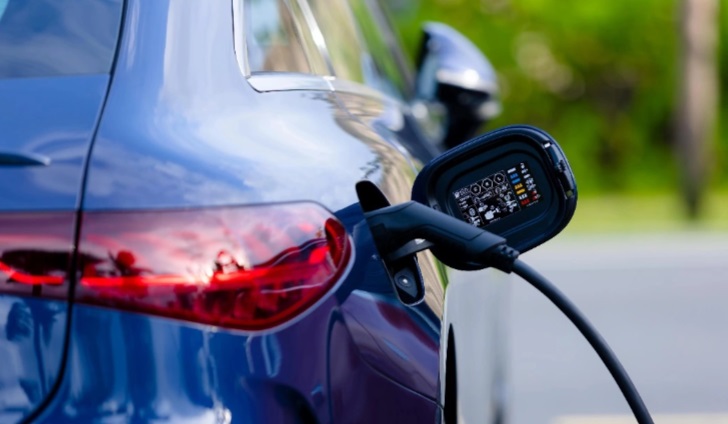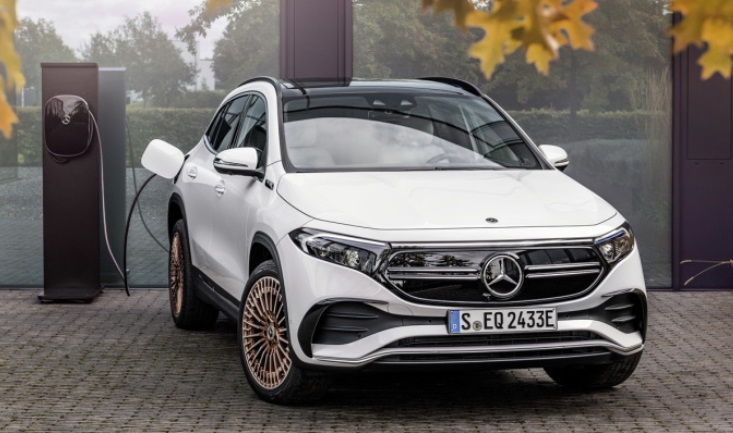While the production of electric batteries is believed to be more polluting than gasoline and oil-powered vehicles, when evaluated over the product’s lifecycle, equivalent to a distance traveled of 200,000 km, electric cars are much more environmentally friendly.
Recently, VDI Gesellschaft Fahrzeug (German Engineering Association) conducted a study and found that an electric car needs to travel at least 90,000 km to offset the pollution it generates during production; electric cars only become “greener” than combustion engine cars after that milestone.
Dr. Joachim Damasky, President of VDI Gesellschaft Fahrzeug, stated that the production of electric and hybrid cars has consumed a significant amount of resources and burdened the environment. However, considering the product’s lifecycle, electric cars still contribute to a cleaner environment.
The German Engineering Association has pointed out that after 200,000 km, a combustion engine car will emit 33 tons of CO2. Meanwhile, an electric car will emit about 24.2 tons of CO2, 36% less; a plug-in hybrid car (PHEV) will emit 24.8 tons of CO2.
Despite being environmentally friendly, the production of electric batteries still imposes a burden on the environment. Therefore, VDI has proposed measures for the transportation industry to reduce CO2 emissions.
Firstly, VDI emphasizes the importance of a “green” power grid. Secondly, the production of electric batteries should be more environmentally friendly and ideally manufactured on-site, instead of being concentrated in Asia as it currently is, while also focusing on battery recycling.
VDI also mentions the use of synthetic fuels (e-fuel) and encourages the use of plug-in hybrid cars. In addition, the organization recommends increasing the use of trains for transportation in urban areas.
TH (Tuoitrethudo)


































![[CAR REVIEW] Rolls-Royce Spectre: A Symphony of Luxury](https://vnauto.net/wp-content/uploads/2023/10/xehay-rrspectre-30082023-1-150x150.jpg)













